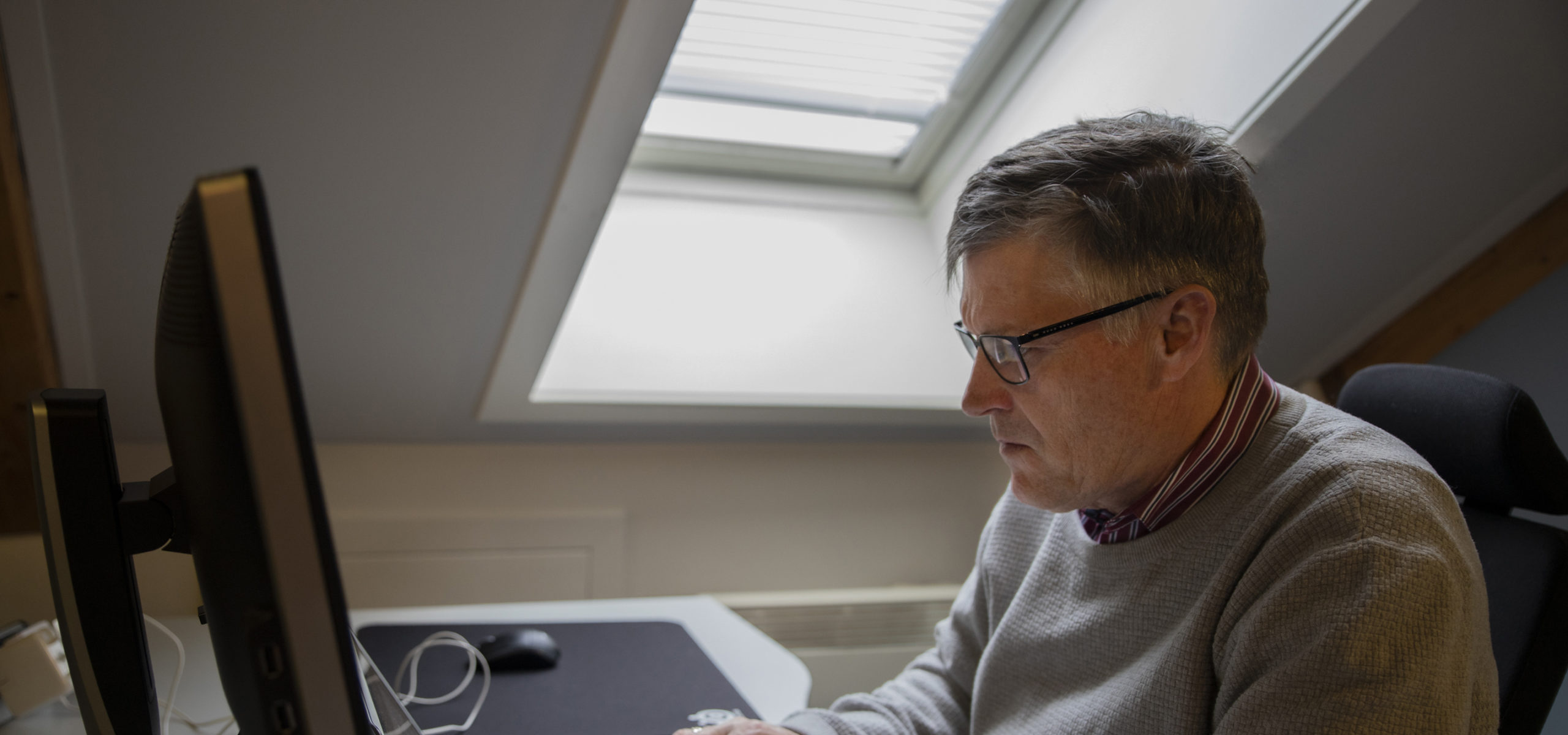
On this day exactly one year ago, Mintra asked our staff to pack up their desks and make their home space their new office space. We knew that the Covid-19 stay at home order would be coming – it was only a matter of time – and that we needed to act swiftly to keep our team both safe and operational, even before governments made working from home mandatory for non-key workers.
What we did not anticipate when we made that request was that our people all over the world would still be working from home 12 months later. We thought, perhaps naively, that this would be a relatively short-term move; that this pandemic would be under control in a few months and that we’d be back around the meeting room table by summer.
But Covid-19 has proven to be a formidable opponent. Every time we think we’re winning it lands another sucker punch.
In asking our team to combine their home and work environments, we asked them to do something extraordinary. But they’ve risen to the challenge – embraced it, in fact – and we now have a remote working policy that allows our people to work where they choose once restrictions are lifted.
Suddenly we’ve seen that we can give them a choice. Our people can take a blended approach to how they work – at home or in the office; online or offline – whatever is best for them. It seems fitting. After all, this has been a fundamental principle of what we have offered our clients for almost 30 years – to create safe and competent workforces online, in the classroom or a combination of both. Whatever is best for them.
While we are looking forward to being able to offer our team choices when it is safe to do so, the pandemic has created a seismic shift in the thinking of many businesses. For them, there will not be a return to the ‘old’ way of working. The past 12 months have exposed far too many inefficiencies in how they work.
They now see that much of what they do can be done outside the confines of the physical. The myth that everything must take place face-to-face has been well and truly busted. Suddenly, there is a universe beyond the bricks and mortar of an office or classroom; one that’s efficient, financially attractive and brings people together when they need to stay physically apart.
And that creates huge opportunities for Mintra.
The technology sector will experience three major behavioural changes as a result of the Covid-19 pandemic. For video conference technology such as Zoom, which saw use of its software jump from 10 million meeting participants a day in December 2019 to 300 million a day in April 2020, there has been a rapid shift benefit. But, with so many people now making a quick transition to these platforms, demand will level out.
Then there is the temporary shift benefit for food delivery apps. We’ve all enjoyed the convenience and, let’s face it the excitement, that a food delivery brings to our locked down world, but as the economy reopens and people feel comfortable with returning to cafes and restaurants, we’ll see a gradual slowdown in demand for that service.
Finally, there’s the delayed fundamental shift. That’s where Mintra fits in. For our customer base, there is unlikely to be a widespread return to the classroom: they now see that a digital learning model still allows people to develop critical thinking, problem solving skills and competencies on which safe working environments depend.
It not only allows businesses to keep their people safe but drives cost and time efficiencies. Employees can build their competence using an anytime, anywhere approach – there is no longer a requirement for staff to travel to a classroom or training centre. There’s not only a cost saving in terms of travel, but a reduction in down time while an employee is off-site.
There is an argument that it enhances the individual learning experience. Students can study at their own pace and don’t have to keep up with a classroom full of others. They can learn when it suits their schedule – something that’s important for those working offshore or in the maritime sector as they no longer have to spend time at home in the classroom.
The delayed fundamental shift puts demand for digital learning on a strong future growth trajectory, even more so once businesses fully recommence operations and regrow the workforce.
With Covid-19 vaccines now being rolled out at pace, there is hope on the horizon to a return to normal. But what the pandemic has taught us is that normal will mean different things to different people. Some will want to continue with this new way of operating and some will want to return to their working life exactly as it was pre-pandemic. There is no right or wrong answer. It’s all about choice.
What I can say is this: Covid-19 has forced us to adapt, to evolve and to become more resilient to change. We see now that just because we focused on one approach for so long in the past, it doesn’t mean that we must limit our possibilities in future.
Scott Kerr is the chief executive officer of Mintra – a leading provider of digital learning and human capital management systems for the offshore and maritime sectors. Its solutions allow clients to develop and deploy their people, readily demonstrate compliance and maximise operational efficiency. Mintra has offices around the world, including Bergen and Aberdeen www.mintra.com

 © Klara Austvoll
© Klara Austvoll